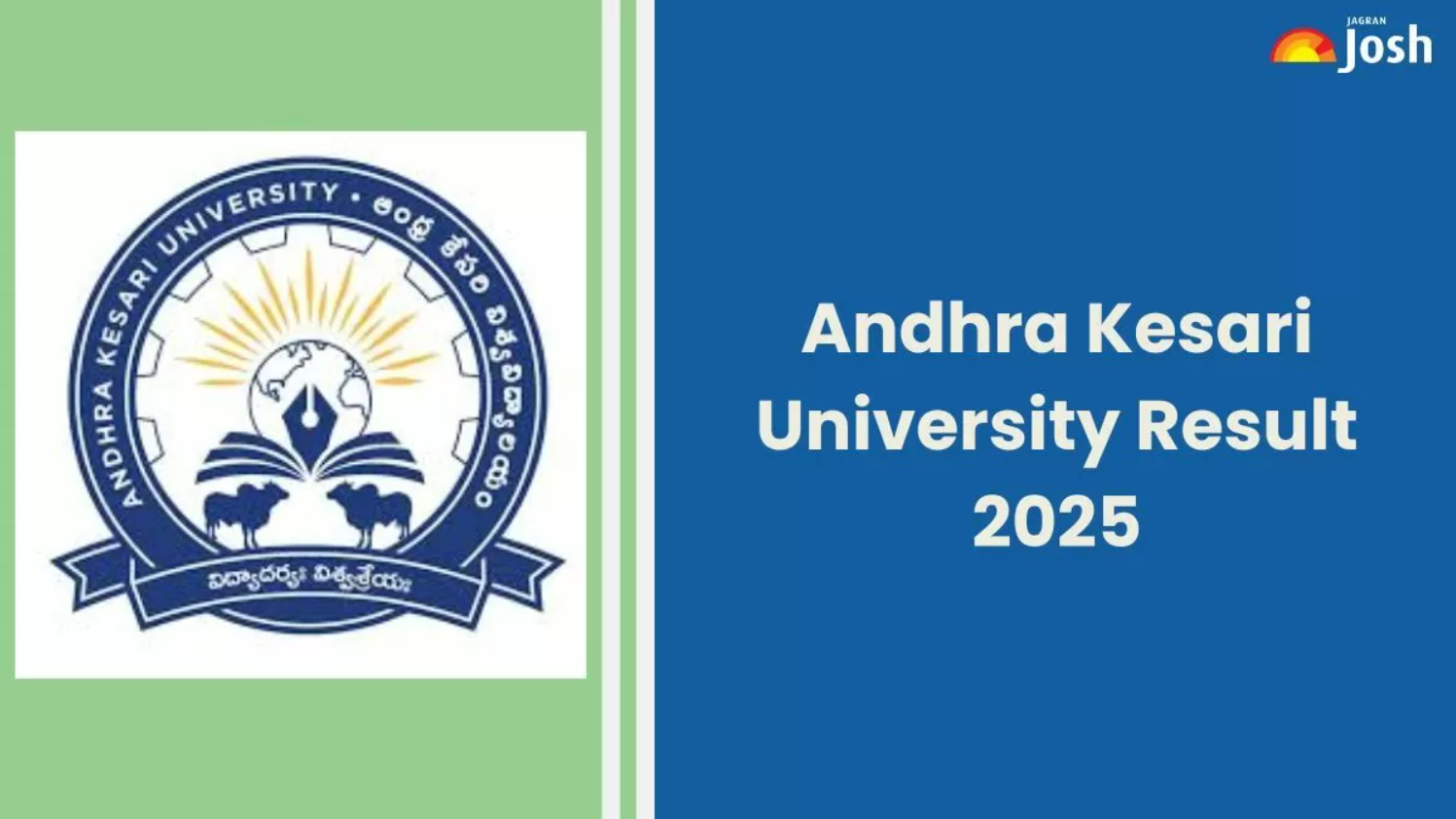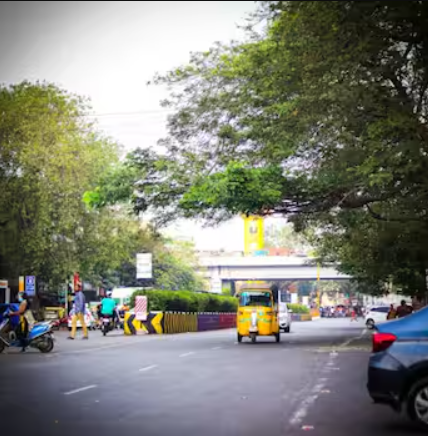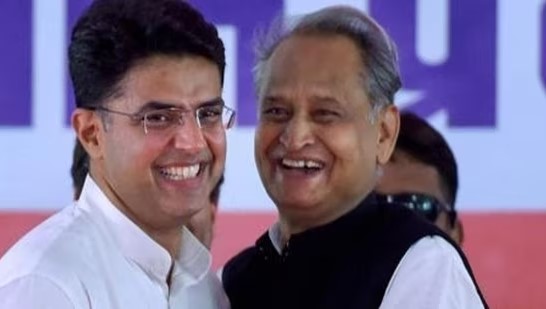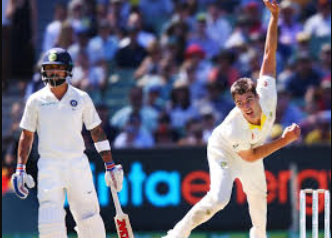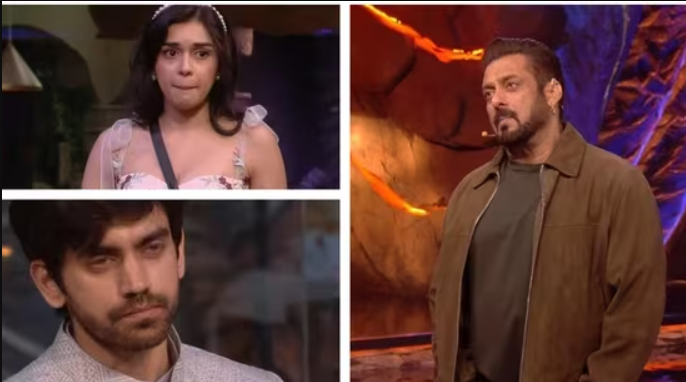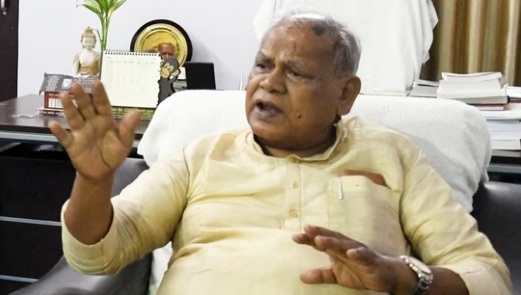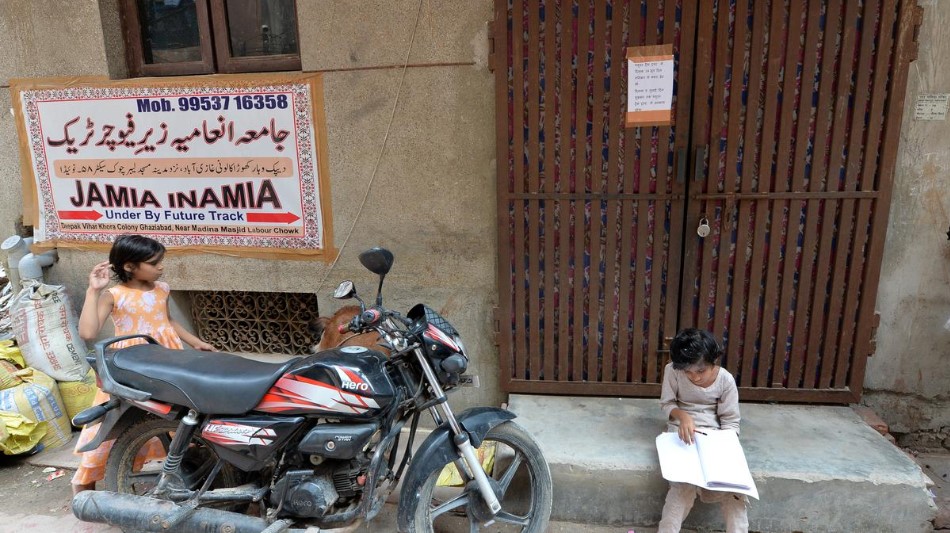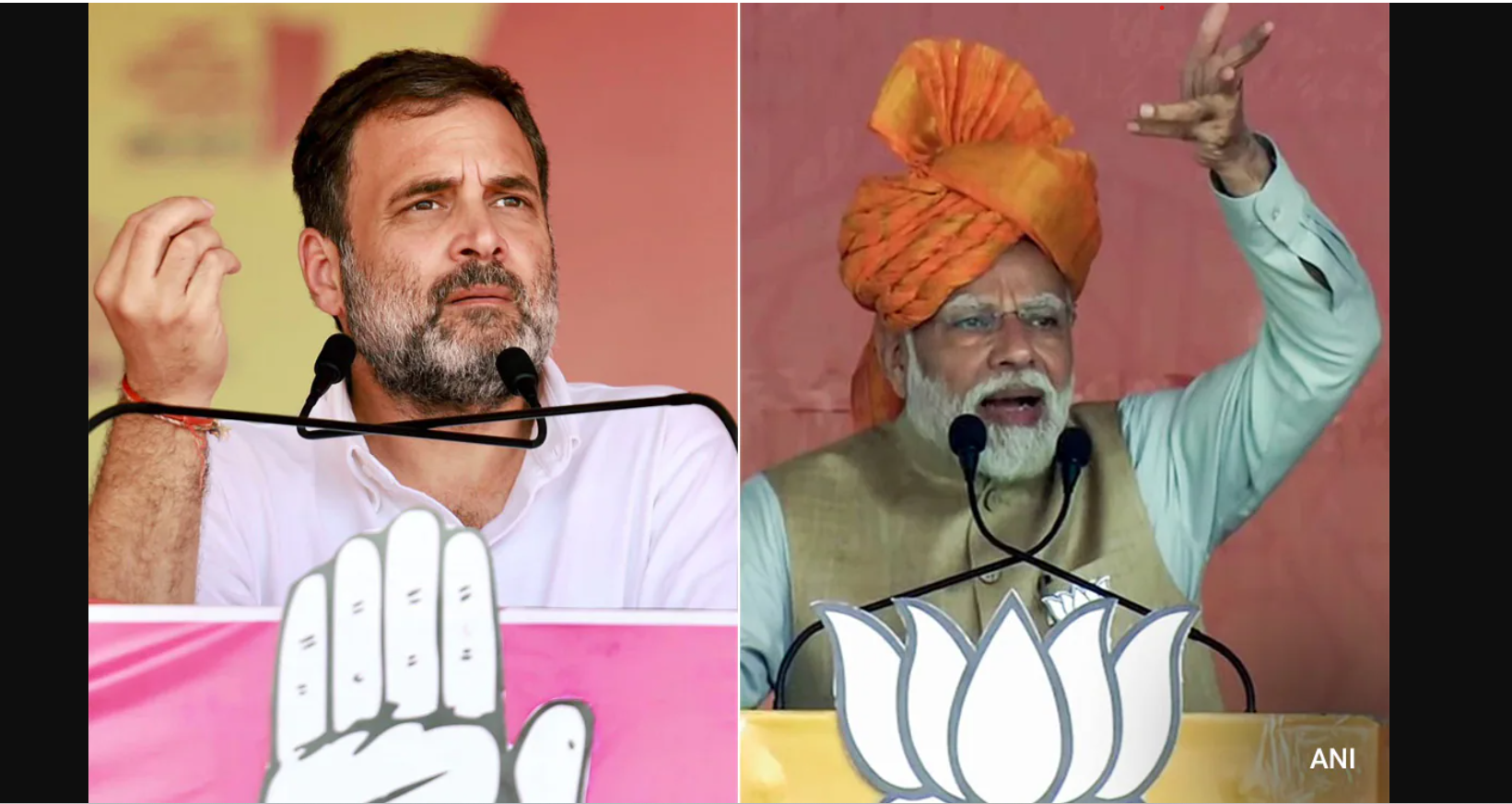
One of the most significant aspects of the 2024 Lok Sabha elections is the prolonged duration of the voting process, spanning six weeks and seven phases. This prolonged electoral process signifies the magnitude and complexity of India's democratic exercise, involving millions of voters across diverse regions and demographics.
This election also marks a crucial moment in Indian political history, with the Bharatiya Janata Party (BJP) setting ambitious targets for itself and its National Democratic Alliance (NDA) coalition. The BJP's aim of securing 370 seats, with an overall NDA target of 400 seats, underscores the party's confidence and determination to maintain its grip on power.
Prime Minister Narendra Modi's extensive campaign efforts, including over 200 public meetings, rallies, and roadshows, demonstrate the BJP's reliance on his charismatic leadership and popularity among the electorate. Modi's role as the face of the BJP's campaign highlights the party's strategy of leveraging his personal appeal to secure electoral success.
On the other hand, the Opposition bloc, represented by the INDIA alliance, including the Congress and other parties, presents a formidable challenge to the BJP's dominance. Despite facing setbacks and defections, the Congress and its allies have sought to consolidate their support base through joint rallies and campaigns, emphasizing the importance of unity and collective action in confronting the ruling party.
Beyond the electoral dynamics, the contest between the BJP and the INDIA alliance reflects deeper ideological divisions within Indian society. The clash of visions and values between these political forces underscores the broader ideological battle shaping the country's political landscape. The outcome of the Lok Sabha elections will not only determine the composition of the government but also signal the direction of India's socio-political trajectory in the years to come.

